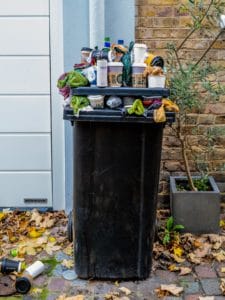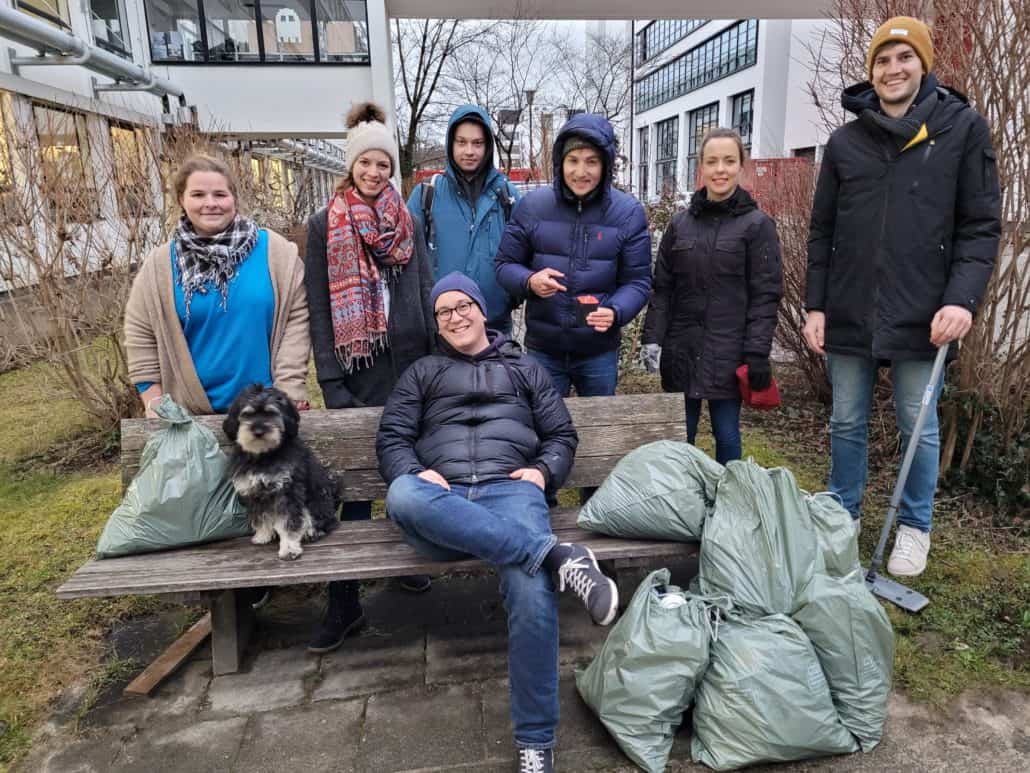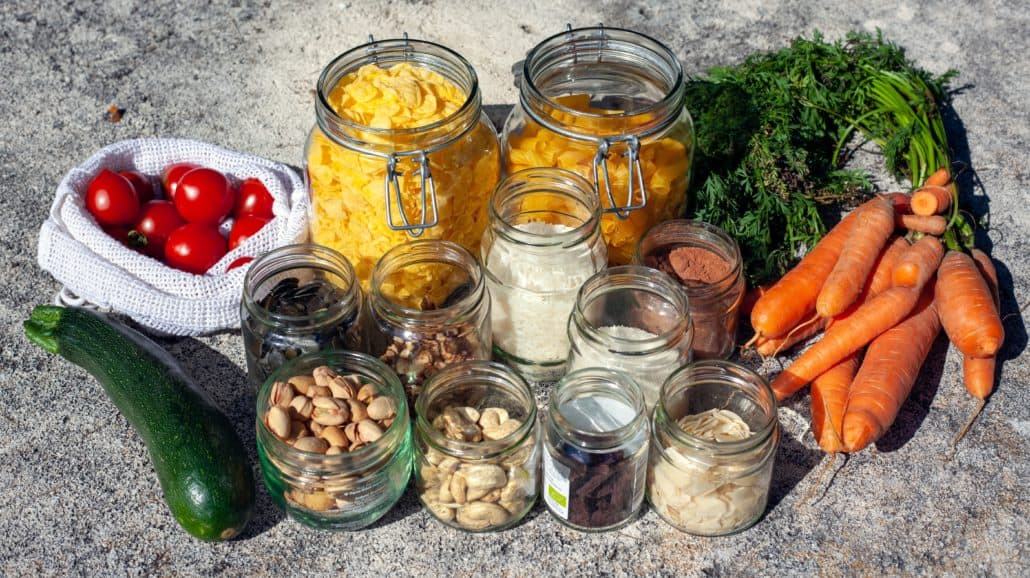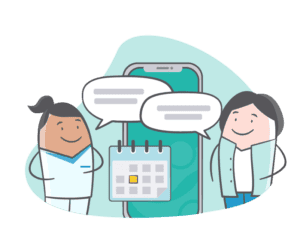Tips and tricks for maximum waste prevention at work
By now many people are aware that the waste consumption is a problem in general. But in Germany the situation is especially bad. In comparison to our european neighbors we are 50kg over the average waste consumption per person and year. And this only includes packaging waste.

Since the awareness for the topic rises one might think the waste consumption has been decreasing. Sadly the opposite is true. The waste consumption has been increasing for years and apparently the Covid-19- Crisis has inflated the problem. In the year 2020 alone the waste consumption per person and year has increased by 19kg. By 2021 Germany was up to 476kg general waste per person and year.
We at Cliniserve set ourselves a challenge to oppose that development!
We wanted to try to live on a minimum waste consumption for an entire work week. So from the 14th Feb. to the 18th Feb. we challenged ourselves to minimize every bit and piece of waste we could. All in all we wanted to keep the waste of the entire team under 4kg.
THE TEAMCHALLENGE
All in all we wanted to keep the waste of the entire team under 4kg.
Result:
At the end of the week we summed up the weight of all the waste we produced and came to a total of just over 2,5 kg.
We also had a collective waste collection campaign with the whole team. This event had a huge impact on us. We discussed the impressions of everyone at the end of the week. The majority of the team was overwhelmed by how much waste we were able to collect in such a short period of time (just over an hour).
We are very happy with the outcome of the challenge since the team feels like the awareness on the topic of waste consumption has been increased a lot within the Cliniserve family.


Tips to minimise waste consumption (Zero Waste):

I had my first contact with the care sector during my federal voluntary service and various voluntary positions. During my sociology studies, I then had the opportunity to experience how much digitalisation can achieve through an internship in the administration of a care facility. After completing my studies in Konstanz, I am now part of the Cliniserve Sales & Business Development team to further advance digital progress in care.
Melden Sie sich für unseren Newsletter an und erhalten Sie einmal im Quartal wertvolle Informationen, die Ihr Team in der Pflege inspirieren.
Erfahren Sie, auf welchen Messen und Events Sie uns oder unsere Kunden treffen können – eine ideale Gelegenheit für persönlichen Austausch. Wir informieren Sie außerdem über aktuelle Medienberichte und neue Anwendungsfelder unserer Software, die die Pflege effizienter und angenehmer machen.
Schreiben Sie uns doch eine Email, vereinbaren eine unverbindliche Demo oder nehmen Sie an unserem regelmäßigen Live-Webinar teil.
